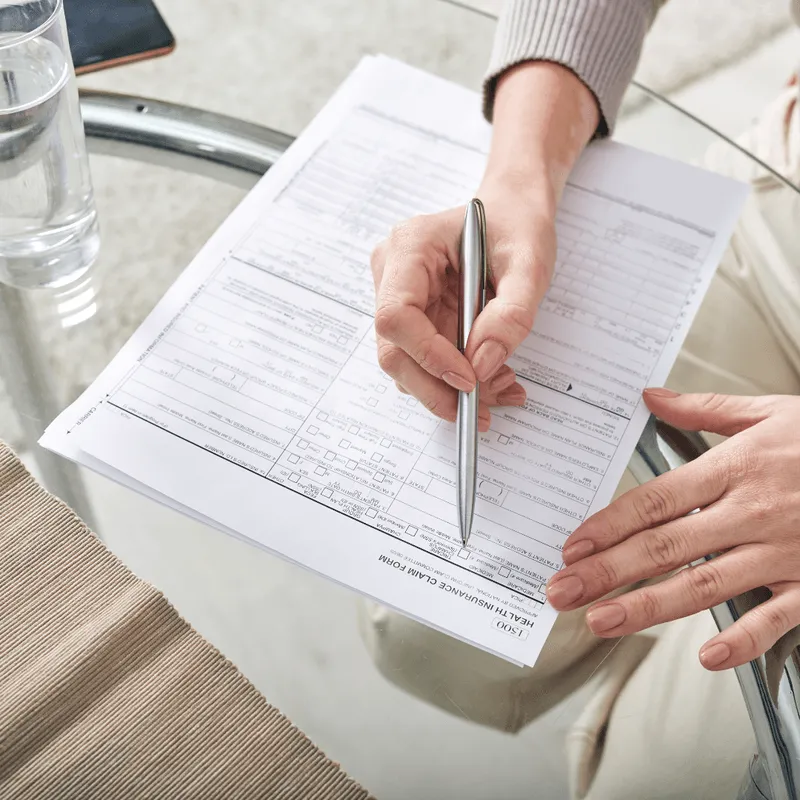Why You Should Start Estate Planning in Your 30s
Let’s face it—we’re all going to die. It’s not something most people in their 30s like to think about. You’re likely focused on your career, relationships, and building a future. But estate planning isn’t just for the elderly or ultra-wealthy.
Estate planning is about protecting your wishes, your loved ones, and your future. It’s not only about what happens after you die—it also covers situations where you’re alive but unable to speak or act on your own behalf.
What is Estate Planning? — A basic overview
Health Care Power of Attorney: Who Will Speak for You?
If you were suddenly incapacitated—due to illness or accident—who would make decisions about your medical care?
Without a legal document in place, the default decision-maker may be your parents or next of kin. That may not reflect your wishes, identity, or relationships.
A health care power of attorney (POA) lets you choose someone you trust to speak for you. That person could be a close friend, partner, or sibling—someone who truly understands your values and preferences.
Health Care Power of Attorney Guide
Why It Matters
Medical emergencies can happen at any age. A health care POA avoids confusion, protects your autonomy, and reduces stress for your loved ones.
What to Include
- Medical treatment preferences
- Any allergies or conditions
- Preference for holistic vs. Western medicine
- Notes on gender identity, pronouns, and chosen family (if applicable)
Financial Power of Attorney: Protect Your Assets
Your 30s often mark a period of financial growth—new jobs, investments, real estate, or even a business. But what happens if you're temporarily unable to manage your money?
Without a financial power of attorney, no one—not even a spouse or partner—can legally access your accounts, pay bills, or protect your financial interests.
What is a Financial Power of Attorney?
How to File a Financial Power of Attorney
Why It’s Critical
- Bills and mortgage payments won’t wait for your recovery
- Your credit, savings, and investments could be damaged
- A trusted person can manage your finances without delays or legal hurdles
Wills & Beneficiary Designations: Clarify Who Gets What
Even a basic will makes a huge difference. It allows you to name who receives your assets and who will care for your children if you pass away. If you have a partner, pets, or people who depend on you, a will is essential.
Also, beneficiary designations on retirement accounts, life insurance, and bank accounts override your will—so it’s important to keep them current.
What to Review
- Checking, savings, and investment accounts
- Life insurance and retirement plans
- Ownership interests in a business
- Guardianship plans for children or dependents
Advance Directives: End-of-Life Preferences in Writing
Advance directives allow you to outline your medical wishes for end-of-life care. These documents help your loved ones make decisions that align with your values—and relieve them of emotional guesswork in critical moments.
Don’t Keep It a Secret: Talk to the People You Name
It’s not enough to complete these documents—you also need to communicate your wishes.
Let your health care agent and financial power of attorney know they’ve been named. Tell them where to find your documents and assets. Clear communication prevents unnecessary confusion during emergencies.
Estate Planning Isn’t Morbid—It’s Responsible
Estate planning is not about expecting the worst. It’s about being prepared and making things easier for the people you care about. The process doesn’t have to be expensive or overwhelming—but it does need to be done.
- Start now: Your 30s are the perfect time to put your plan in place.
- Review it regularly: Update it as your life changes.
- Make it personal: Protect your identity, your relationships, and your assets.
Ready to Take the Next Step?
Whether you're single, partnered, raising children, or building your career, estate planning gives you peace of mind and protects your future.
Start with a personalized, comprehensive plan that reflects who you are and what matters most.
Schedule an Estate Planning Consultation with our team today. We’re here to guide you through the process—clearly, compassionately, and without judgment.





